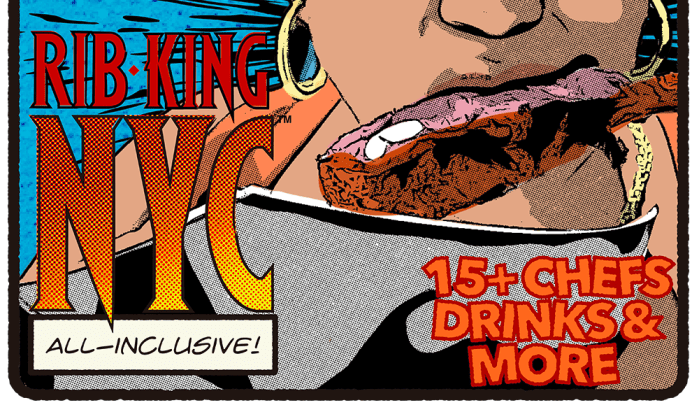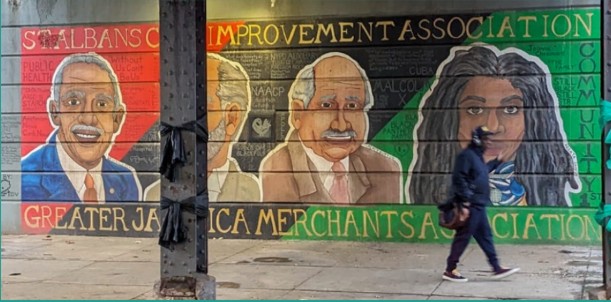
Call him the antithesis of Larry Byrne.
That is Ernest Hart’s perhaps most distinctive qualification as the NYPD’s new deputy commissioner for legal matters.
As for Byrne, Hart’s predecessor, he is known for his novel interpretation of state law 50a, which Byrne said limits the disclosure of NYPD officers’ disciplinary records. His determination was upheld by state courts. But it created a public-relations nightmare for the NYPD and Mayor Bill de Blasio — infuriating politicians, civil rights advocates and much of the media.
The NYPD and de Blasio weren’t blindsided. Former Commissioner Bill Bratton could have told Byrne to keep his opinions to himself, allowing the NYPD to continue to release the records as it had for 40 years. De Blasio could have ordered Bratton to deep-six Byrne’s determination. Instead, they and now-Commissioner James O’Neill allowed Byrne’s interpretation to become policy.
In February, seven months after Byrne retired, NYPD spokesman Philip Walzak said the NYPD sought to identify the best person for the legal matters post. But early on, say NYPD sources, O’Neill was amenable to appointing Byrne’s acting successor, Ann Prunty, or a former federal prosecutor. But, the sources said Corporation Counsel Zachary Carter put on the brakes, seeking someone of his own choosing.
That person is Hart. In announcing Hart’s appointment this month, O’Neill said he has “vast legal and public service experience.” Assistant Chief Pat Conry chimed that O’Neill chose Hart because Hart “is widely respected” in law enforcement and the community. With all respect to Hart, those descriptions are a stretch. Hart served as a civil court judge, as chair of the Civilian Complaint Review Board, and as an associate dean and chief operating officer of Columbia University Medical Center’s affiliation with Harlem Hospital.
That’s being “widely respected” in the legal and law enforcement communities and the community in general? Or as an NYPD source, who spoke anonymously because this is a personnel matter, put it: “He is a complete unknown.”
How much influence Hart will exert is unclear. His position is as powerful as the commissioner allows. Byrne was part of Bratton and O’Neill’s inner circles, along with Terence Monahan, now chief of department, and Dermot Shea, now chief of detectives.
If Hart is to be relevant at the NYPD, he must ensure he’s not marginalized, as have others with equally important-sounding titles.































